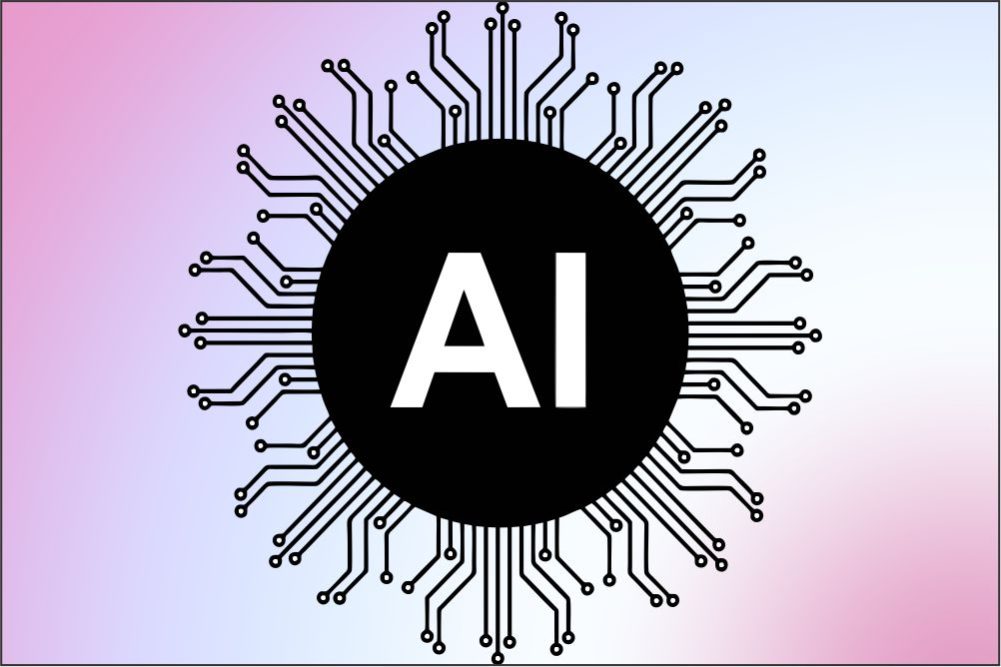Introduction to Artificial Intelligence:
Artificial Intelligence, often abbreviated as AI, is a branch of computer science that focuses on creating computer systems capable of performing tasks that typically require human intelligence. These tasks include understanding language, recognizing patterns, making decisions, and even learning from experience. AI is a field that aims to develop machines that can mimic or simulate human-like thinking processes.
Features of Artificial Intelligence:
Learning: AI systems can learn from data and improve their performance over time. They can adapt to new information and experiences, becoming more accurate and efficient in their tasks.
Reasoning: AI enables machines to perform logical reasoning. They can analyze information, draw conclusions, and make informed decisions based on the data they have.
Problem Solving: AI systems are designed to solve complex problems by breaking them down into smaller, manageable steps. They can find solutions to intricate challenges that might be difficult for humans to tackle quickly.
Language Processing: Some AI systems are capable of understanding and processing human language. This allows them to engage in conversations, translate languages, and extract information from textual data.
Perception: AI can interpret and understand the world through sensory inputs like images, sounds, and even touch. This enables tasks like facial recognition, object detection, and speech recognition.
Adaptability: AI systems can adapt to different situations and environments. They can adjust their behavior based on changing circumstances or new inputs.
Automation: AI can automate repetitive and mundane tasks, freeing up human time and effort for more creative and complex endeavors.
Importance of Artificial Intelligence:
Efficiency: AI can perform tasks faster and more accurately than humans, leading to increased efficiency in various industries. This can result in cost savings and improved productivity.
Data Analysis: AI can analyze large volumes of data quickly and extract valuable insights. This is crucial for businesses and organizations to make informed decisions and predictions.
Medical Advances: AI is being used in healthcare to assist in diagnosis, drug discovery, and personalized treatment plans, potentially revolutionizing the medical field.
Automation and Industry: AI-driven automation is transforming industries such as manufacturing, logistics, and agriculture, making processes safer and more streamlined.
Education: AI has the potential to personalize and enhance the learning experience for students, adapting to individual needs and providing interactive educational tools.
Entertainment: AI powers recommendation systems on platforms like streaming services, suggesting content based on user preferences, leading to more enjoyable entertainment experiences.
Environmental Impact: AI can be applied to monitor and manage environmental resources, helping to address issues like climate change, resource depletion, and pollution.
In conclusion, artificial intelligence is a technology that holds immense potential to transform various aspects of our lives. Its ability to learn, reason, and solve problems has led to significant advancements across numerous fields, making it a topic of great importance and interest in today’s world.

